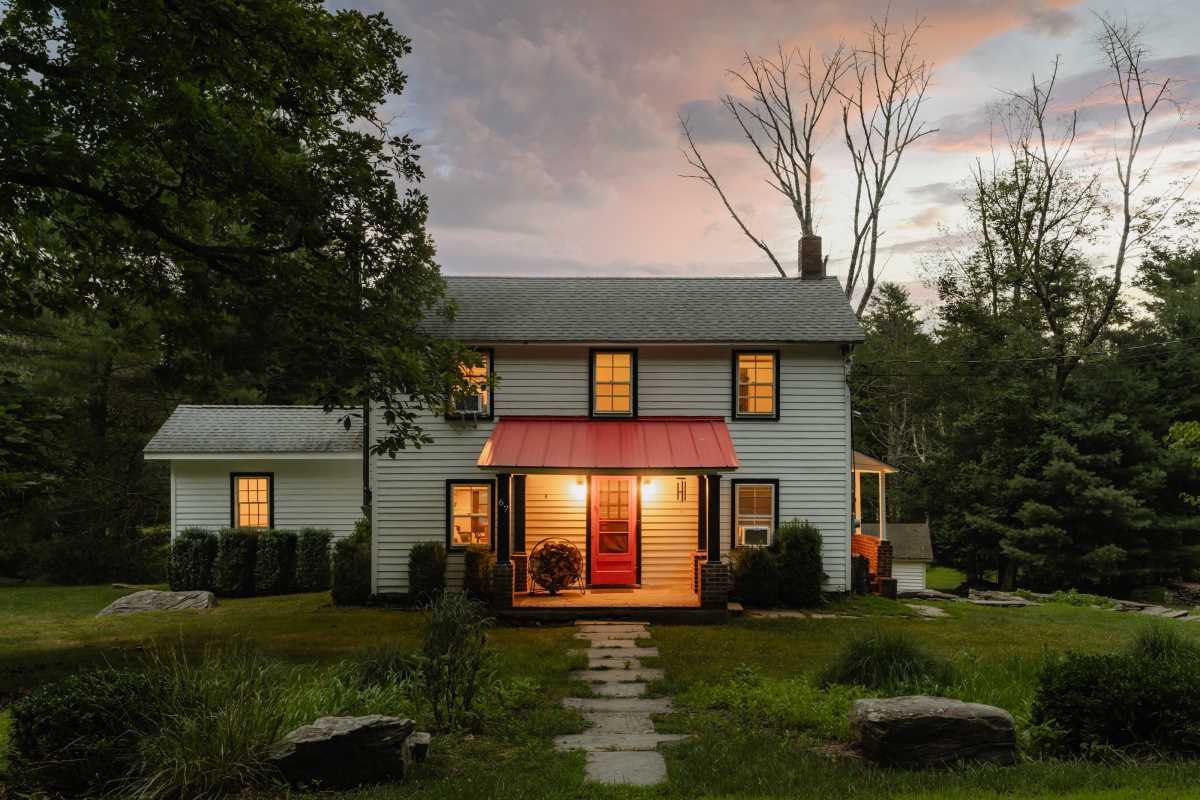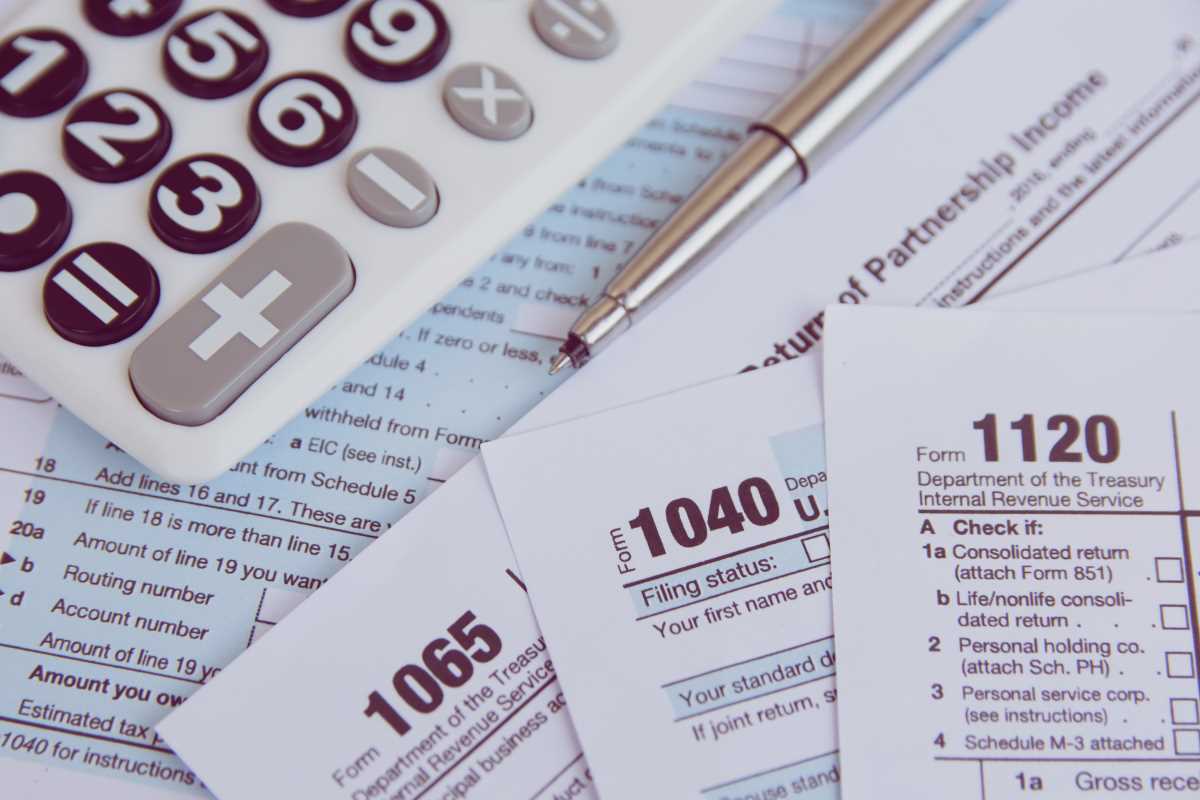Purchasing a sustainable home represents a significant step towards environmental stewardship and long-term financial savings. As the demand for eco-friendly living spaces grows, the financial sector responds by offering specialized mortgage solutions tailored to support green initiatives. This article explores the various mortgage options available for sustainable homes, highlighting their benefits, challenges, and real-world applications, while providing practical guidance for prospective homebuyers interested in embracing sustainability.
Understanding Sustainable Homes
Sustainable homes minimize their environmental impact through energy efficiency, use of eco-friendly materials, and optimized resource management. These homes often incorporate renewable energy sources such as solar panels, feature high-efficiency insulation, and utilize water-saving fixtures. Sustainable homes also promote better indoor air quality and reduce greenhouse gas emissions, contributing to environmental preservation and improved occupant health.
Achieving sustainability in residential construction involves adhering to specific standards and certifications, such as LEED (Leadership in Energy and Environmental Design) or Passive House standards. These certifications ensure that homes meet rigorous criteria for energy performance, water efficiency, and overall environmental impact. By meeting these standards, sustainable homes reduce their carbon footprint and offer potential cost savings through lower utility bills and maintenance expenses over time.
Types of Specialized Mortgage Solutions
- Green Mortgages: These mortgages provide borrowers with favorable terms, such as lower interest rates or higher loan amounts, specifically for purchasing energy-efficient homes or making eco-friendly upgrades.
- Energy Efficient Mortgages (EEMs): EEMs allow homebuyers to finance the cost of energy-efficient improvements as part of their mortgage, enabling the incorporation of upgrades like insulation, windows, or heating systems.
- Property Assessed Clean Energy (PACE) Financing: PACE programs offer financing for sustainable home improvements, which homeowners repay through property tax assessments, easing the burden of upfront costs for homeowners.
- Zero-Down Mortgages for Green Homes: These mortgages enable purchasing sustainable properties without an initial down payment, making eco-friendly housing more accessible to a broader range of buyers.
- Adjustable-Rate Mortgages with Green Incentives: These mortgages feature variable interest rates that adjust based on the borrower's energy usage or the performance of the home's energy systems.
Benefits and Challenges
- Benefits: Lower Energy Costs: Sustainable homes typically consume less energy, resulting in reduced utility bills and long-term savings for homeowners.
- Environmental Impact: By reducing energy consumption and utilizing renewable resources, sustainable homes help decrease carbon emissions and promote environmental sustainability.
- Increased Property Value: Eco-friendly features can enhance a home's resale value, making it a valuable investment.
- Health Benefits: Improved indoor air quality and the use of non-toxic building materials contribute to better health outcomes for occupants.
- Financial Incentives: Availability of tax credits, rebates, and other incentives can offset the costs associated with purchasing or upgrading to sustainable homes.
- Challenges: Higher Initial Costs: Sustainable features and certifications can increase the upfront costs of purchasing or building a home.
- Limited Availability: Specialized mortgage products may not be widely available in all markets, limiting access for some buyers.
- Complex Qualification Processes: Obtaining green mortgages often requires meeting specific criteria and providing detailed documentation, which can be cumbersome.
- Market Perception: The resale market for sustainable homes is still developing, potentially affecting long-term value stability.
- Maintenance and Upkeep: Some eco-friendly systems may require specialized maintenance, which can be more involved or costly.
Case Studies of Sustainable Home Mortgages
One notable example is the GreenPath initiative, which offers green mortgages to borrowers investing in energy-efficient home improvements. Through this program, homeowners successfully reduce their energy consumption by incorporating solar panels and high-efficiency HVAC systems, resulting in significant utility savings and enhanced property values. Another case is the EcoHome Finance project, where a cooperative effort between lenders and local governments provides zero-down mortgages for eco-friendly residences. This initiative makes sustainable living more accessible, particularly in urban areas where green housing options were previously limited.
Rural communities also benefit from specialized mortgage programs like SustainRural, which support the development of sustainable agricultural homes. By providing favorable mortgage terms for properties utilizing renewable energy and sustainable farming practices, SustainRural promotes environmentally responsible living while boosting local economies. These case studies illustrate the tangible benefits of sustainable home mortgages, demonstrating how tailored financial products facilitate the adoption of eco-friendly housing solutions.
Practical Advice for Homebuyers
- Assess Your Needs and Goals: Determine what sustainability features are most important to you, such as energy efficiency, renewable energy, or eco-friendly materials, to guide your home selection and mortgage options.
- Research Specialized Mortgage Options: Explore various green mortgage products and understand their terms, benefits, and qualification criteria to find the best fit for your financial situation.
- Evaluate Total Costs: Consider both the initial costs and long-term savings associated with sustainable homes, including potential energy savings, maintenance costs, and available incentives or rebates.
- Check Certification Levels: Ensure the home meets recognized sustainability standards and certifications, which can enhance property value and qualify you for specific mortgage programs.
- Consult with Financial Advisors: Seek guidance from mortgage professionals or financial advisors who specialize in green financing to navigate the application process and optimize your mortgage terms.
- Plan for Future Upgrades: If purchasing an existing home, consider future sustainability improvements and how you can finance them through specialized mortgage solutions.
- Understand Local Incentives: Investigate local, state, and federal incentives for sustainable housing, which can provide additional financial support or benefits when purchasing a green home.
Future Trends in Sustainable Mortgage Solutions
The landscape of sustainable mortgage solutions is expected to evolve significantly as demand for eco-friendly homes rises. Innovations in financing options will likely include more flexible terms and increased incentives for homeowners who invest in cutting-edge sustainable technologies. The integration of smart home technologies with sustainable practices may lead to the development of mortgage products that reward proactive energy management and reduced consumption. As awareness and regulatory support for environmental sustainability grow, lenders will likely offer more competitive and accessible financial products that support the widespread adoption of sustainable homes, ensuring that green living becomes a mainstream choice for future generations. Advancements in green building materials and construction methods will create new mortgage categories tailored to innovative housing solutions, creating a more resilient and sustainable housing market.
Investment trends indicate a growing interest in financing models prioritizing environmental impact, with institutional investors increasingly supporting sustainable housing projects. This shift will likely result in broader availability and variety of specialized mortgage products, making it easier for homebuyers to find options that align with their sustainability goals. As data analytics and environmental impact assessments become more integrated into the mortgage approval process, lenders will be better equipped to assess the long-term benefits and risks associated with sustainable homes, leading to more informed lending decisions and improved borrower satisfaction.
Emerging technologies such as blockchain could also enhance the transparency and efficiency of sustainable mortgage transactions. By providing secure and immutable records of property sustainability features and financing terms, blockchain technology can streamline the mortgage process and build trust between borrowers and lenders. Overall, the future of sustainable mortgage solutions looks promising, with continuous innovation and support from various stakeholders driving the growth of environmentally responsible housing.
Sustainable mortgages represent a powerful tool for promoting eco-friendly living and reducing the environmental impact of residential housing. Homebuyers can make informed decisions that align with their values and financial goals by understanding the available options, benefits, and challenges. As the market for sustainable homes expands, specialized mortgage solutions will play a crucial role in facilitating the transition to a greener, more sustainable future.
 (Image via
(Image via





